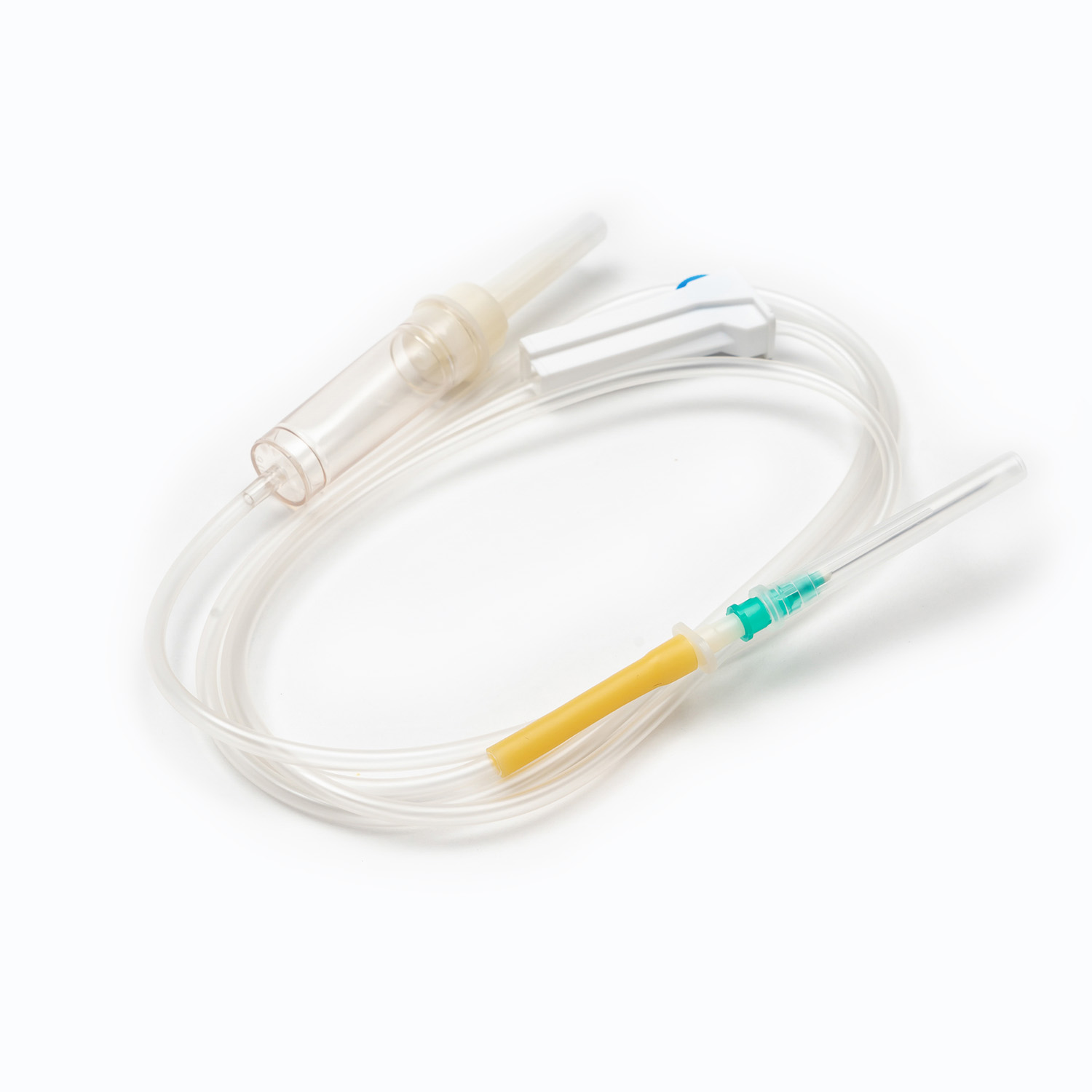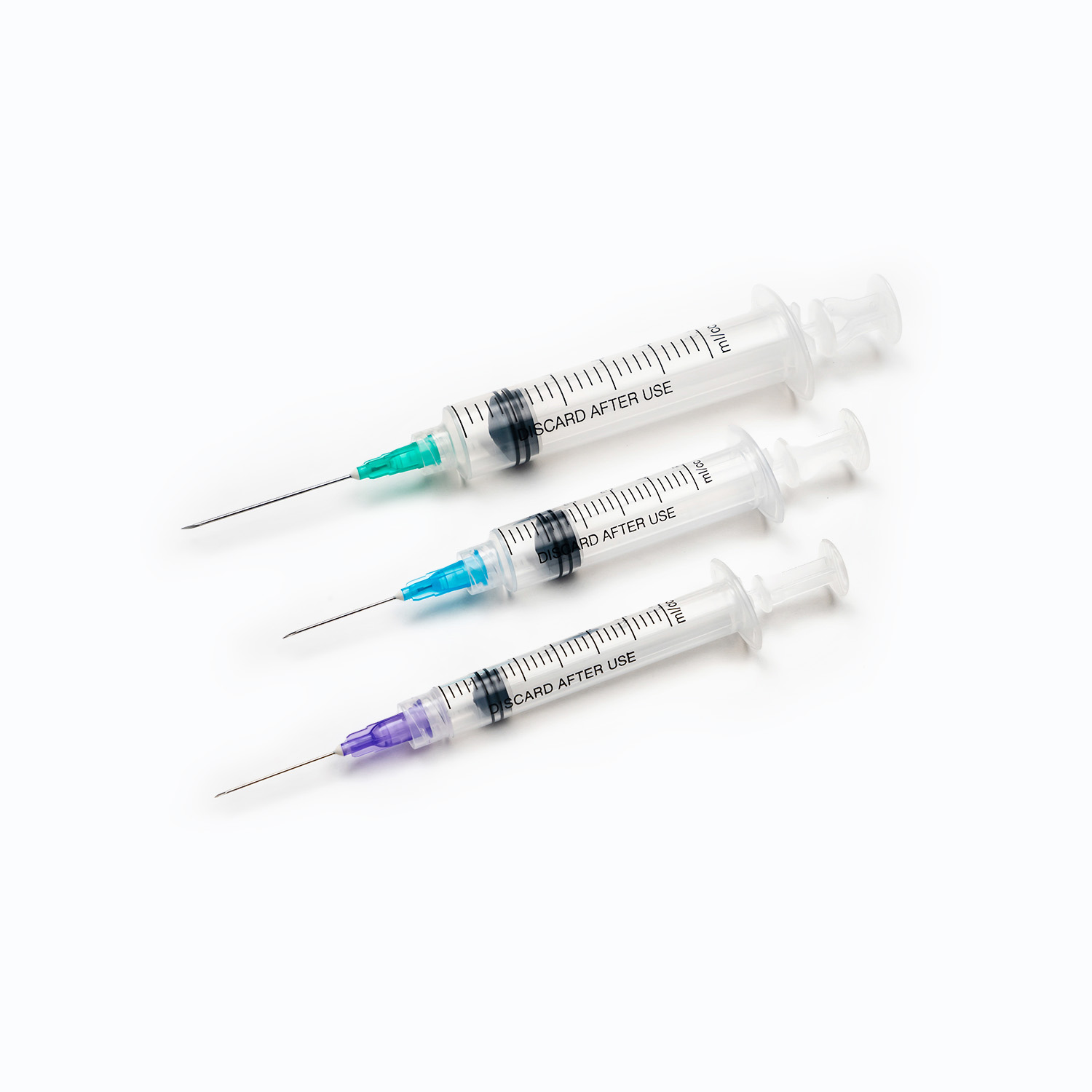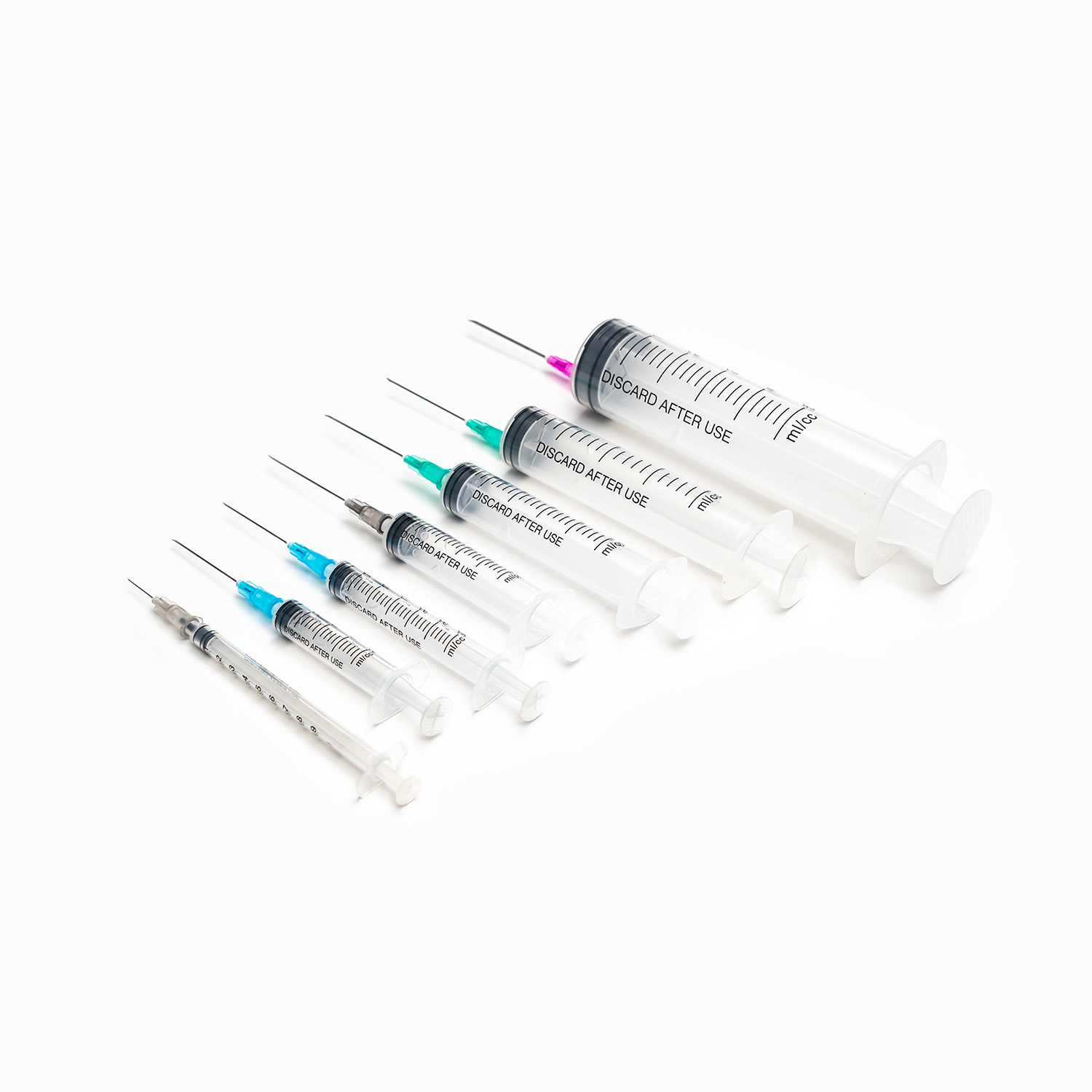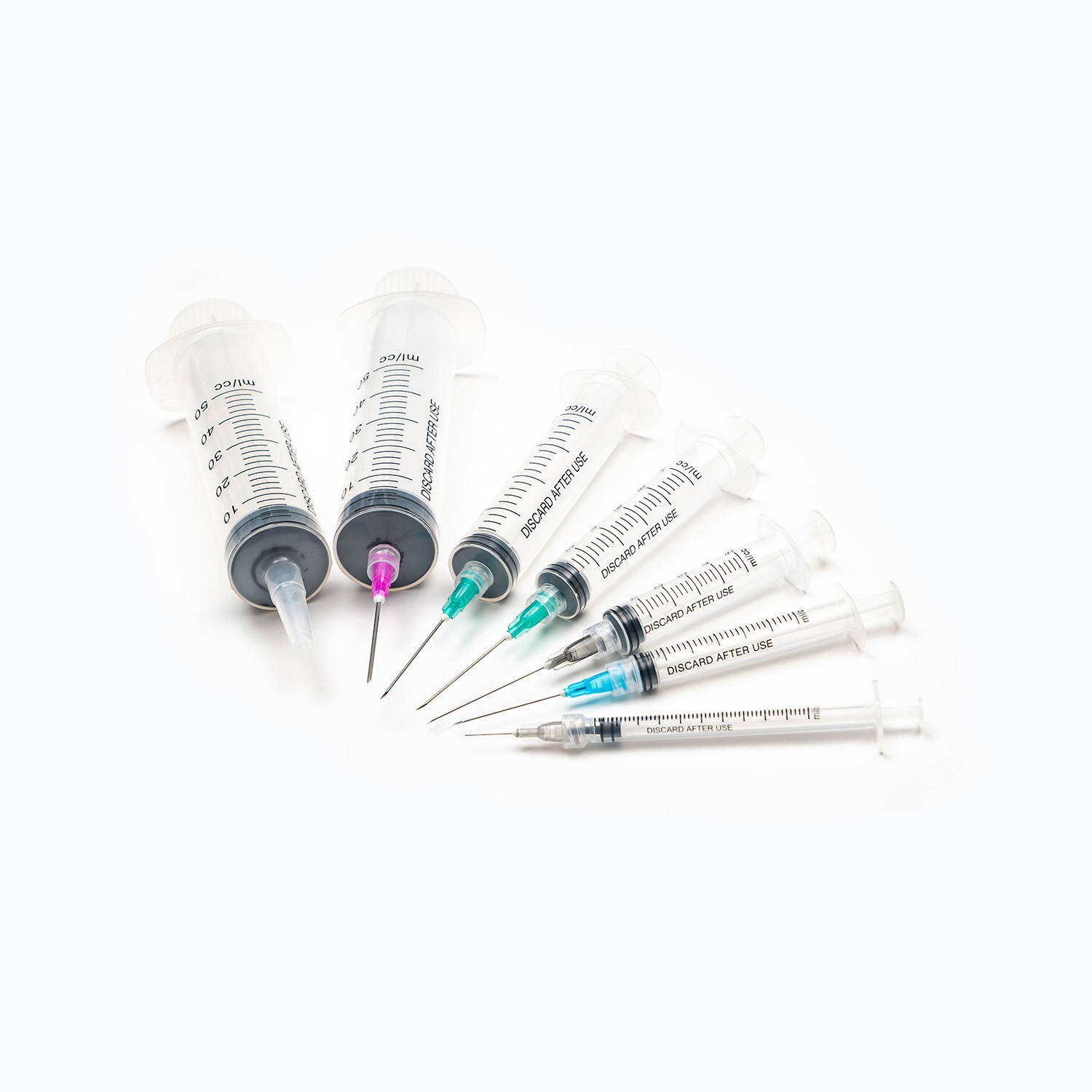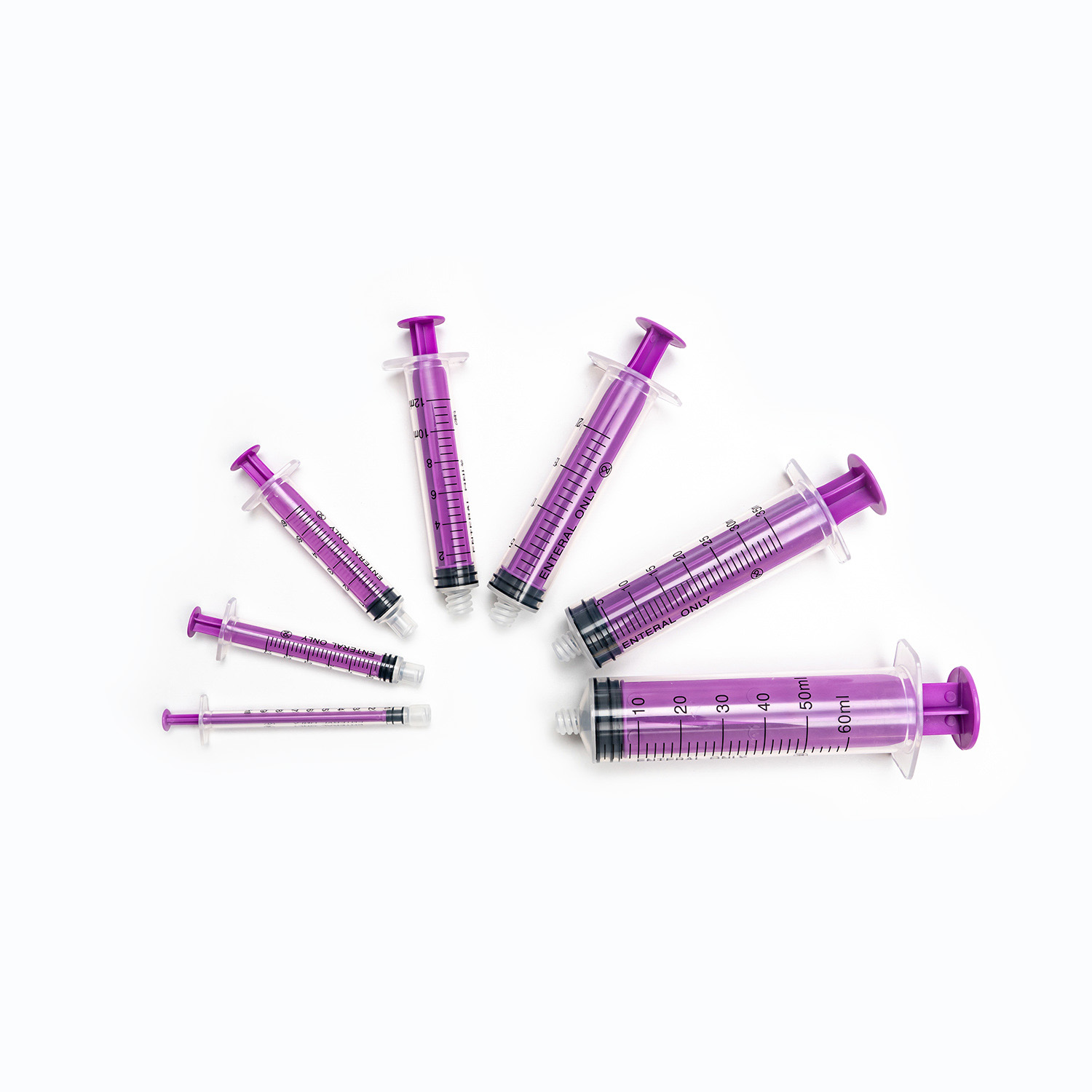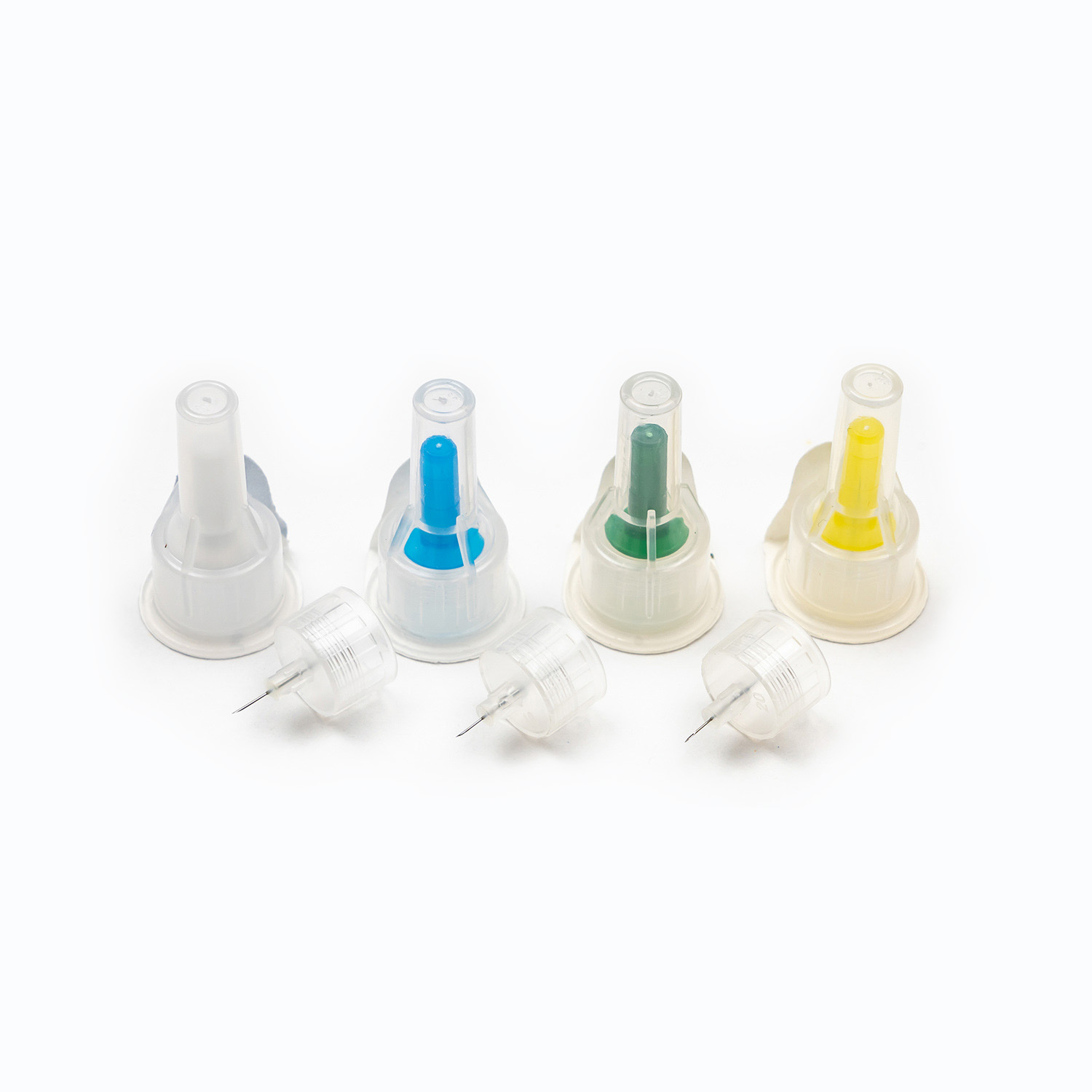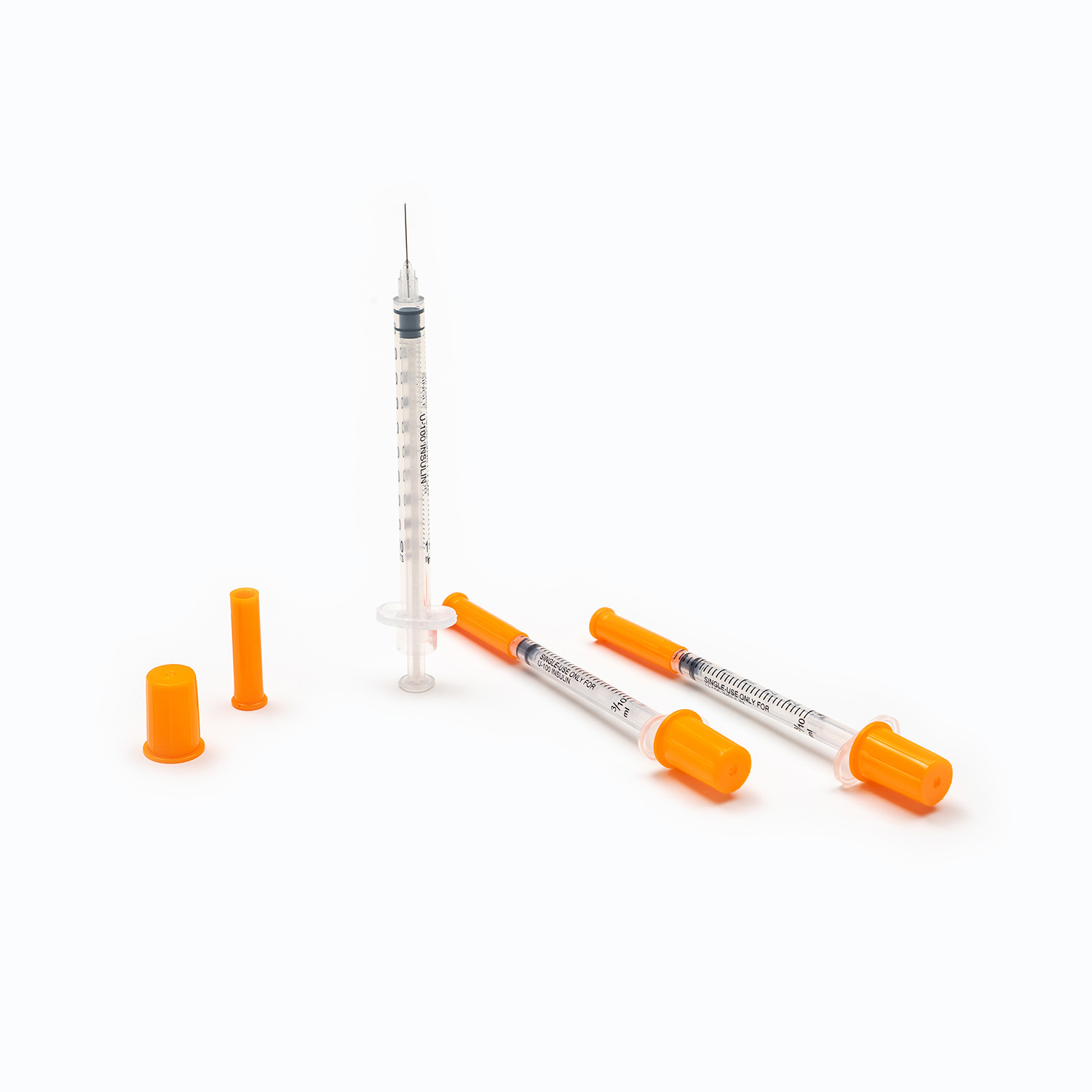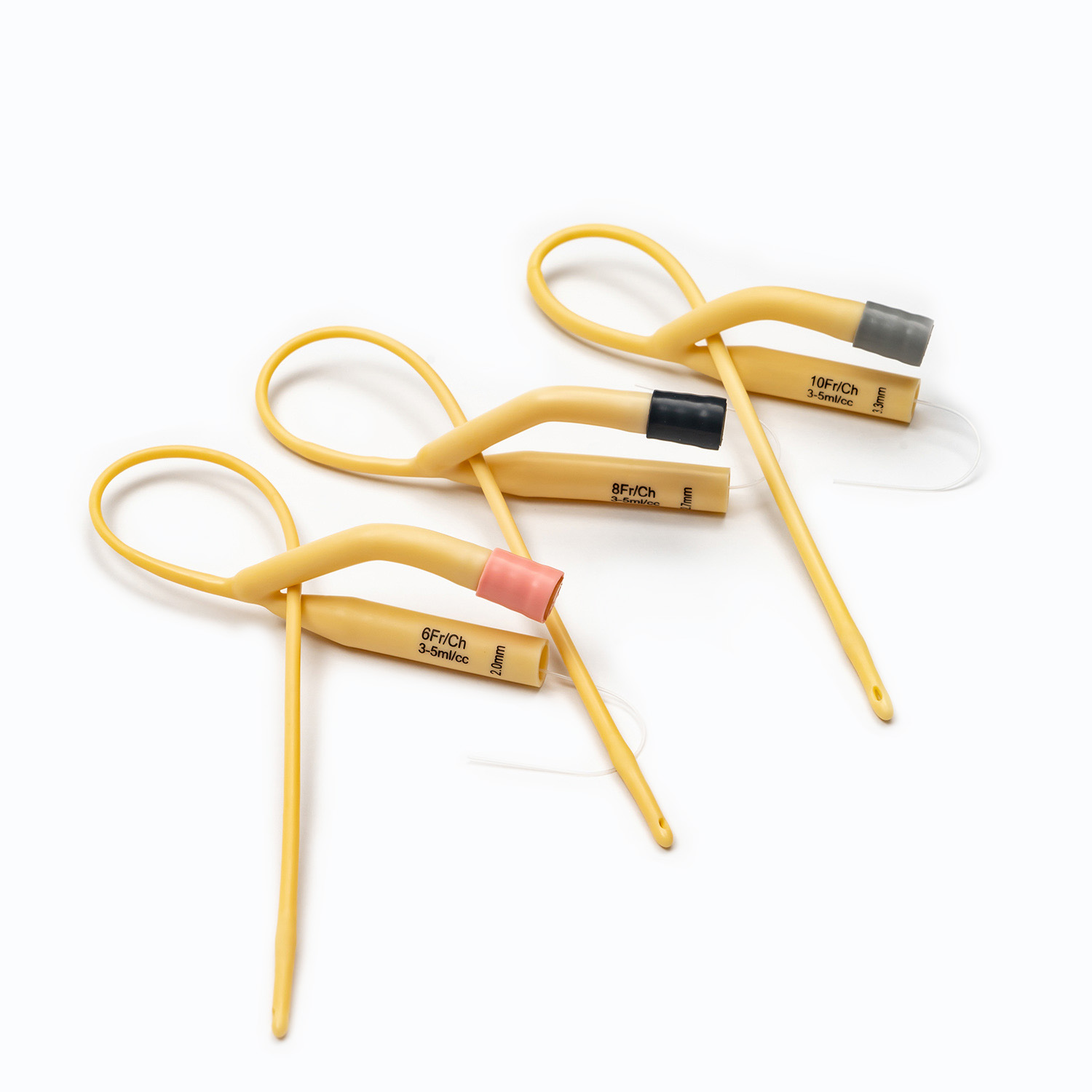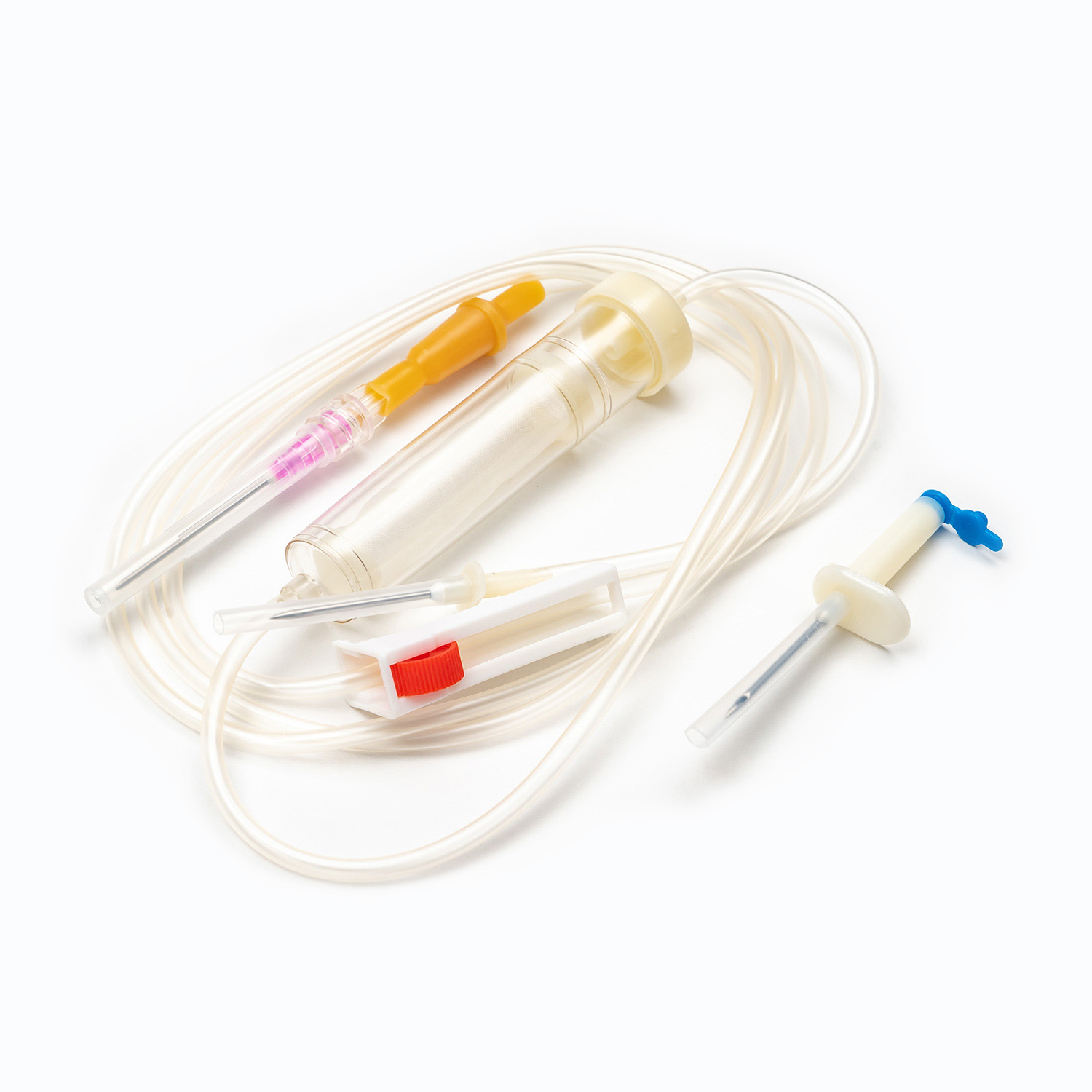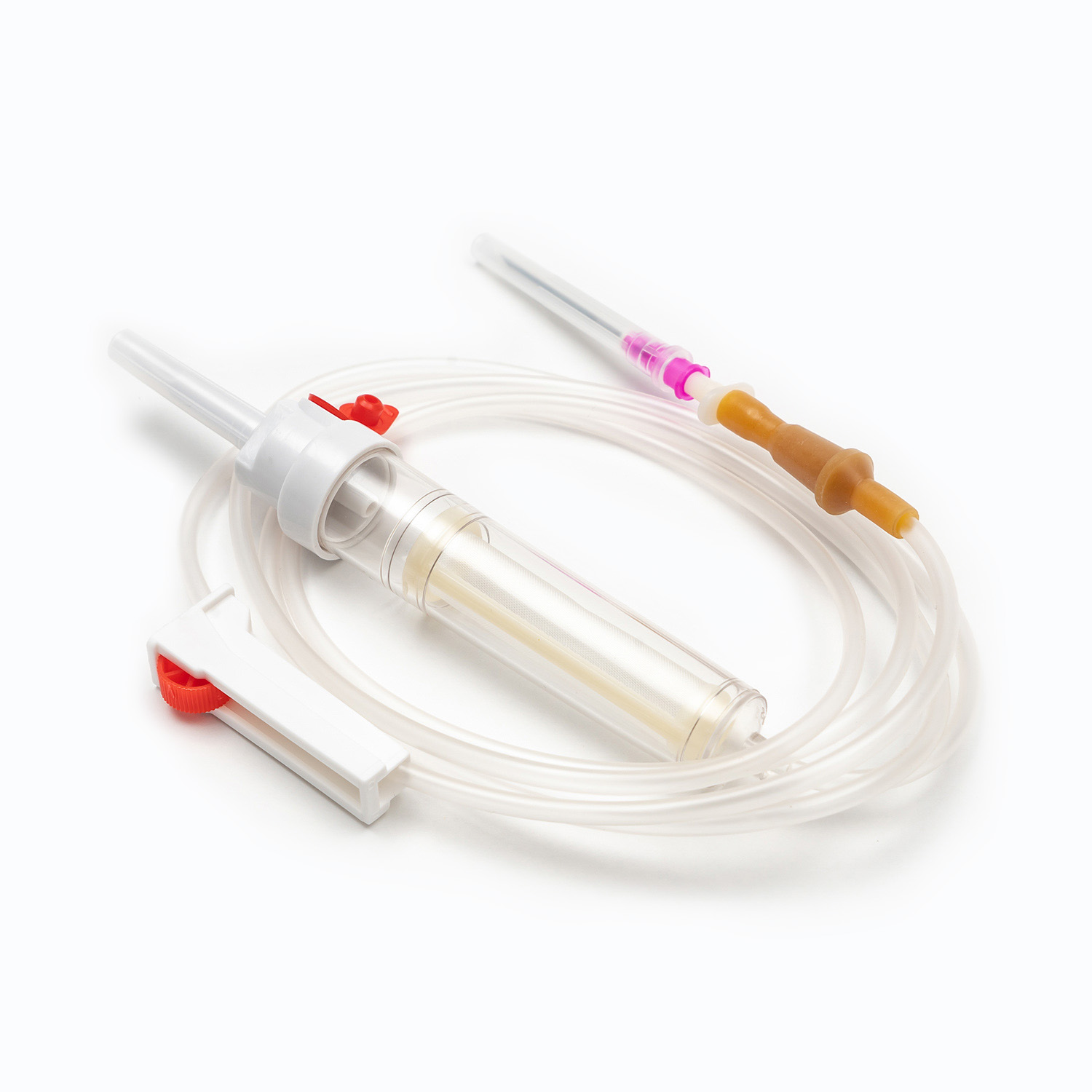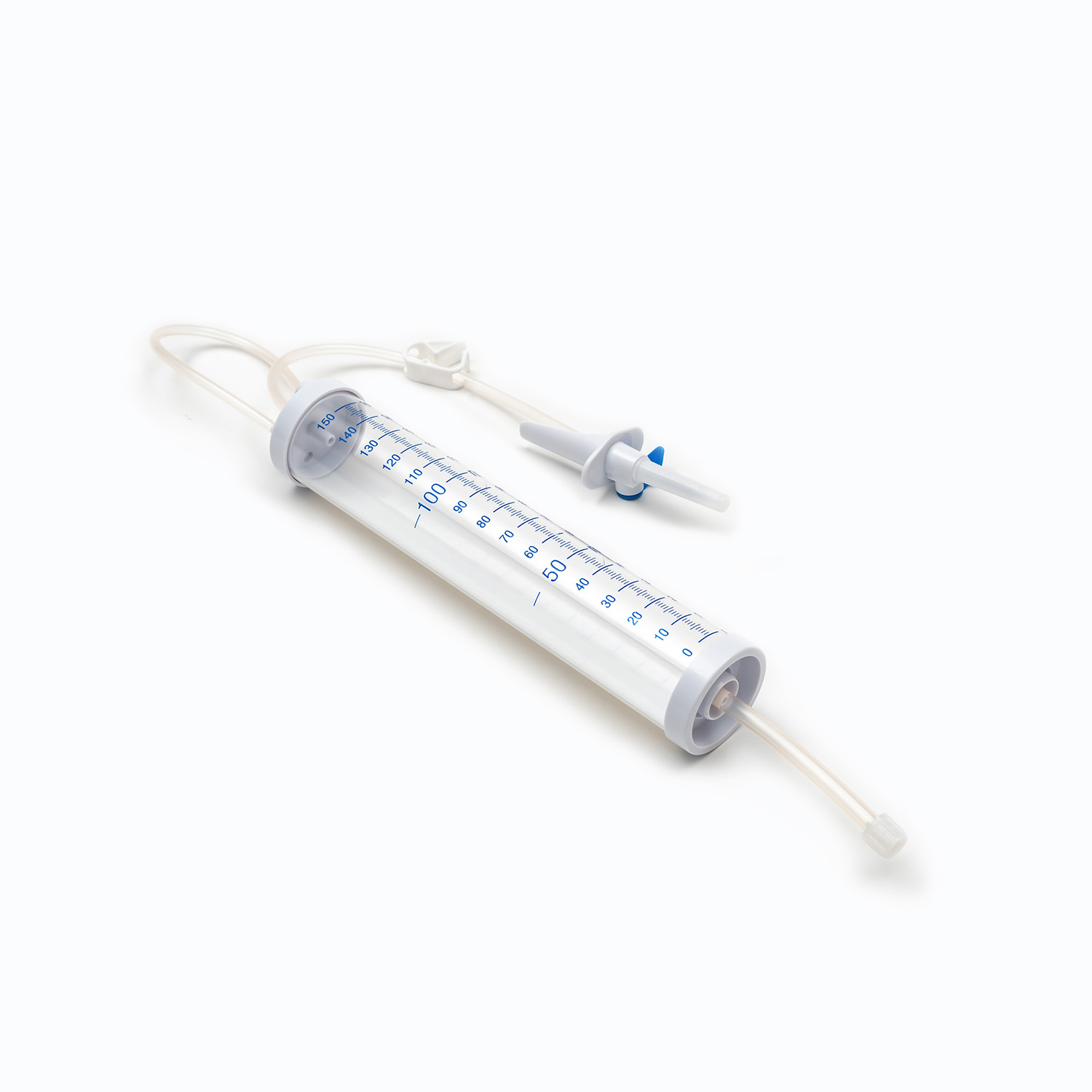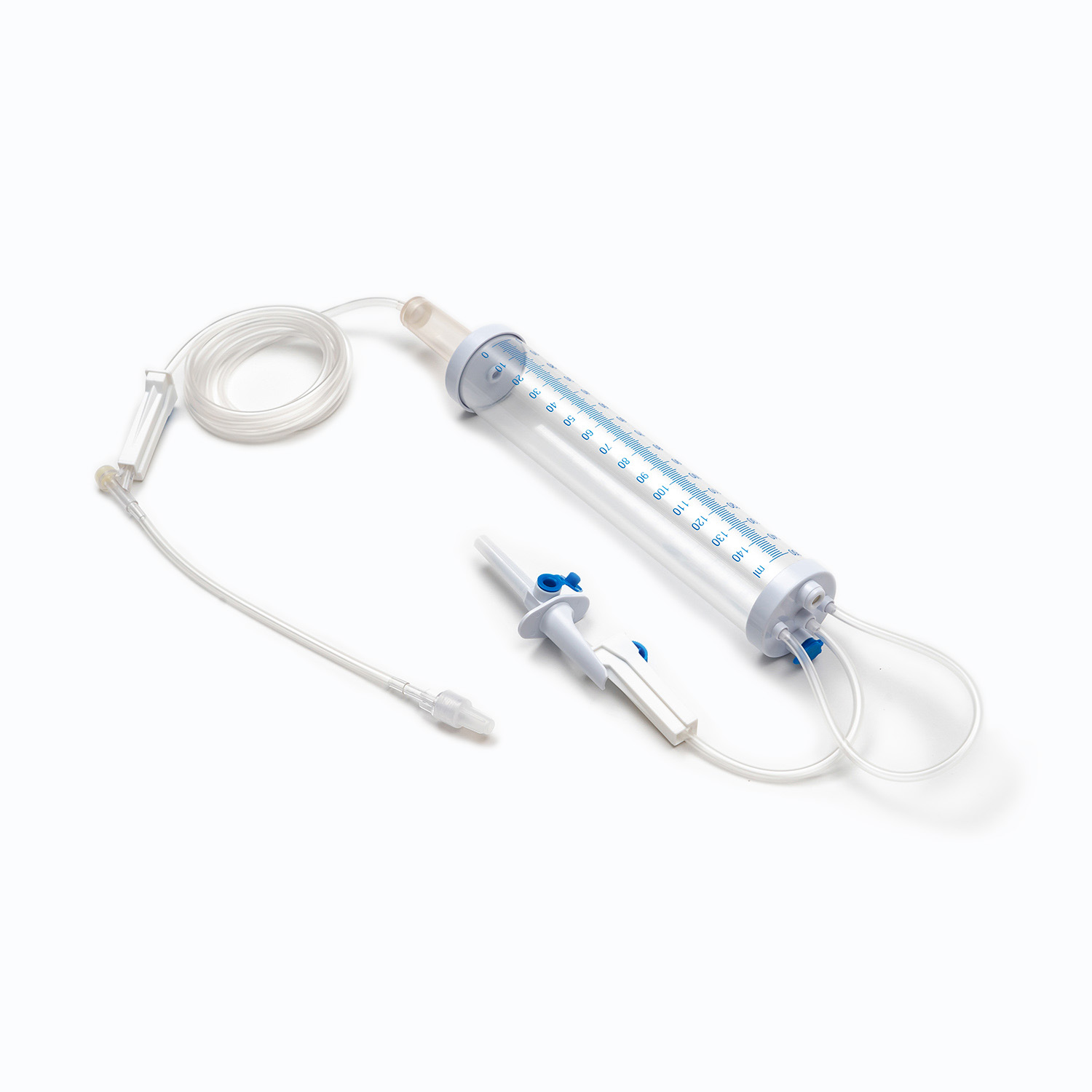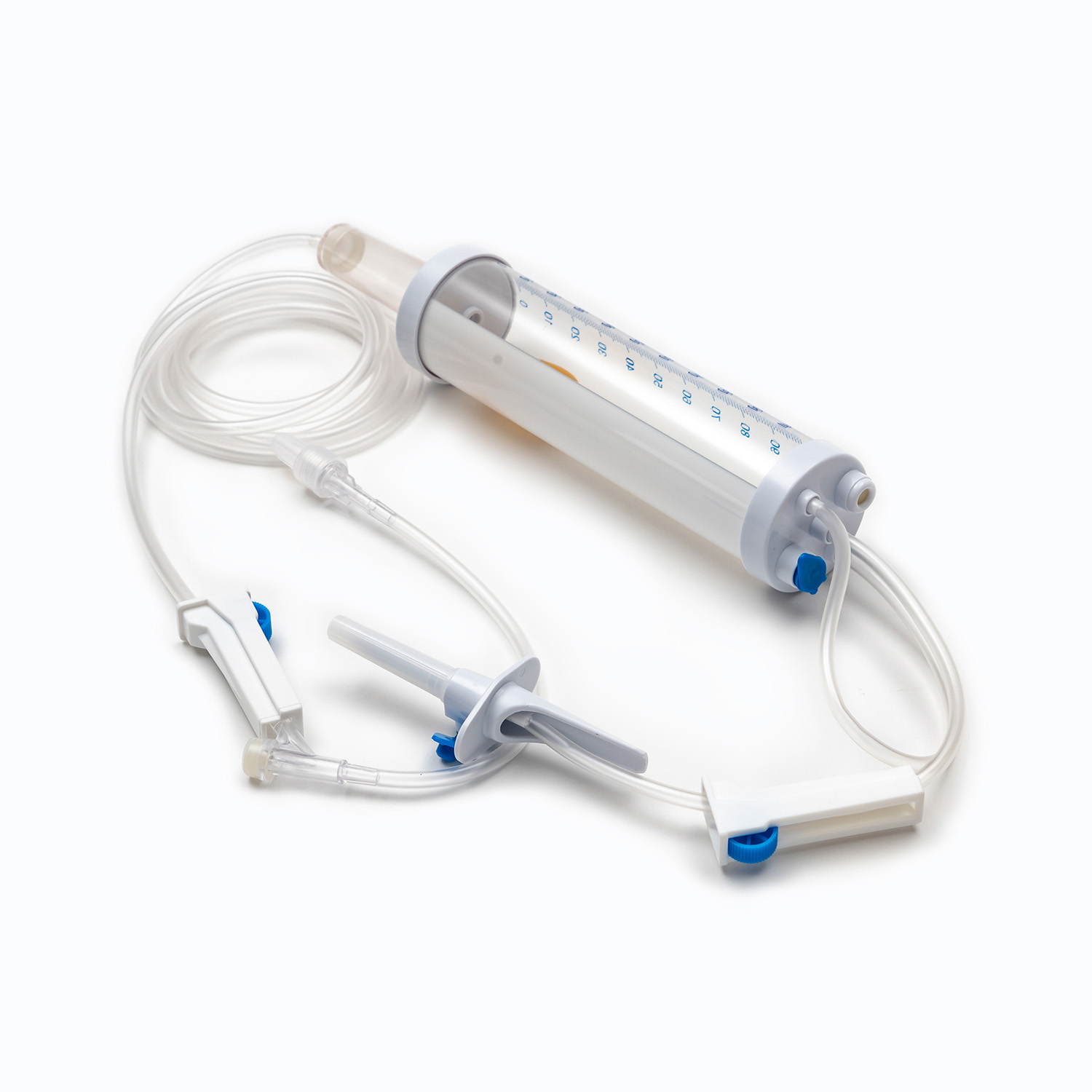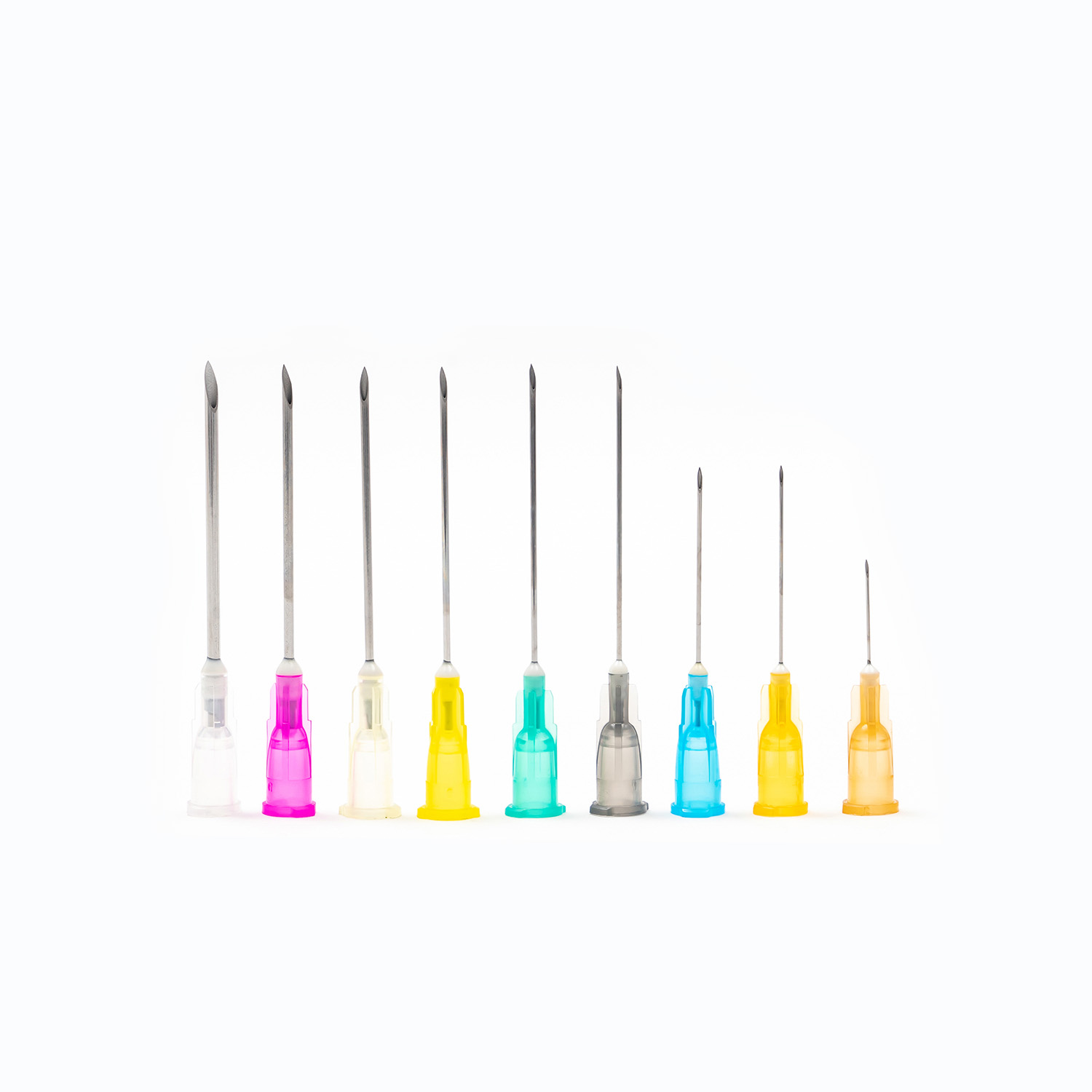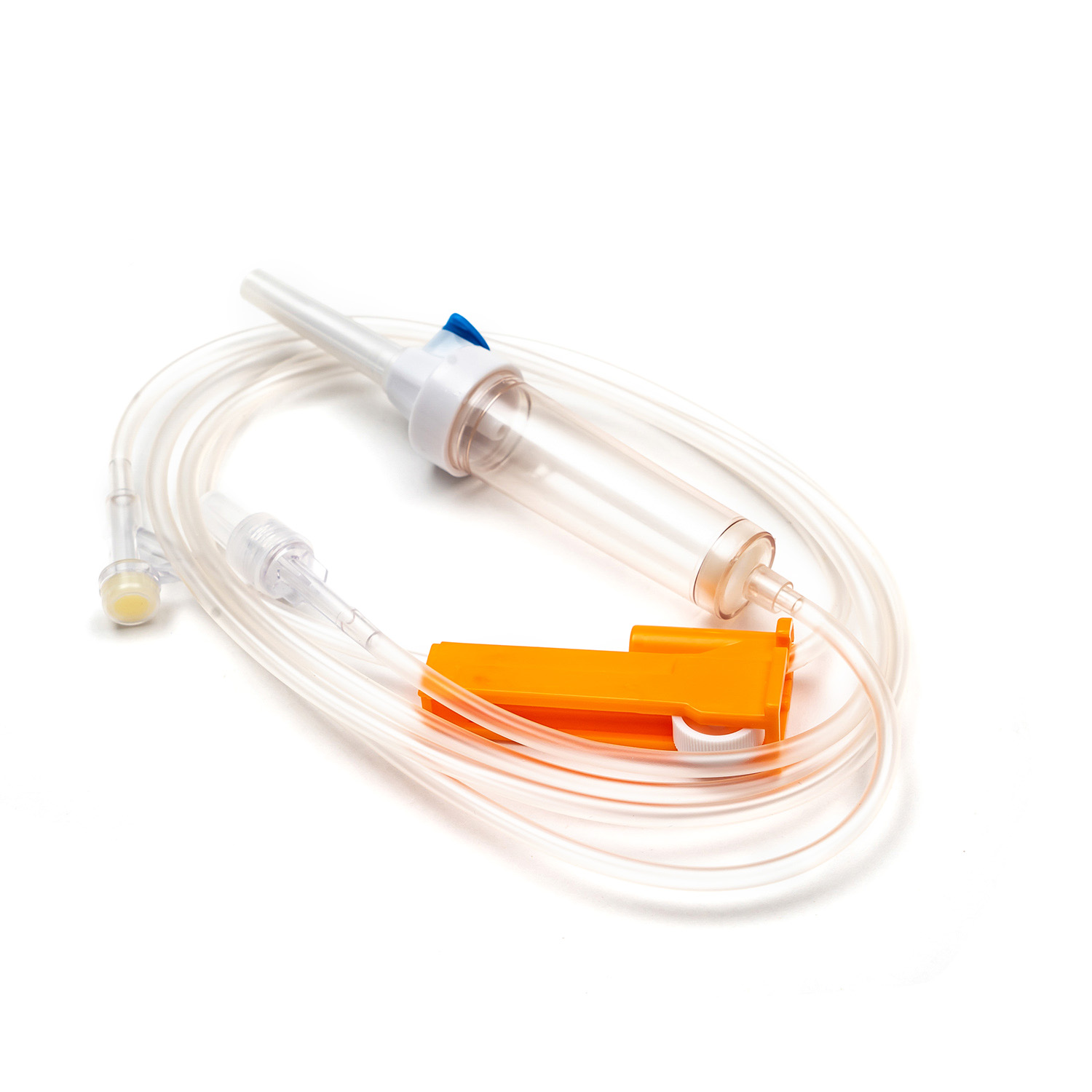Dental Needle: The Precision Tool in Dental Procedures
Jan 08,2025
In the field of oral medicine, the dental needle plays a vital role as an indispensable precision tool. It not only plays a key role in various dental surgeries, but also reflects the precision and safety of modern oral medical technology.
Dental needles can be divided into many types according to their design, size and purpose. Common dental needles include injection needles for local anesthesia, working needles in root canal treatment, and probes in periodontal treatment. These needles are usually made of stainless steel, which is an ideal choice for oral medicine due to its excellent corrosion resistance and strength.
When using dental needles, medical staff must strictly abide by the operating specifications. Taking local anesthesia as an example, medical staff must first load the anesthetic into the injection syringe, and then use precise injection techniques to inject the anesthetic into the patient's gums or oral mucosa to ensure a painless experience during the operation. In addition, with the advancement of technology, modern dental injection needles are designed with safety protection devices, such as automatic retraction needles, to reduce the risk of occupational exposure of medical staff during operation.
Since the 20th century, the use of disposable stainless steel dental needles has proven to be a safe and effective method for oral surgery. Although complications from the use of dental needles are relatively rare, caution is still required. Needle breakage is one of the possible complications, which is usually caused by the patient biting the needle, incorrect injection technique, or insufficient precautions. In particular, in complex procedures such as root canal treatment, sudden patient movement may cause the needle to break, which in turn requires further surgery to remove it.
With the continuous advancement of oral medical technology, the design of dental needles is also constantly innovating. Modern dental needles not only pursue higher precision and safety, but also strive to improve patient comfort. For example, some new dental injection needles use a micro-needle design to reduce pain and discomfort during injection. In addition, the introduction of painless anesthesia technology, such as computer-controlled local anesthesia (CCLA), has further improved the safety of surgery and patient satisfaction through precise anesthetic drug delivery systems.



 English
English Français
Français русский
русский Español
Español





